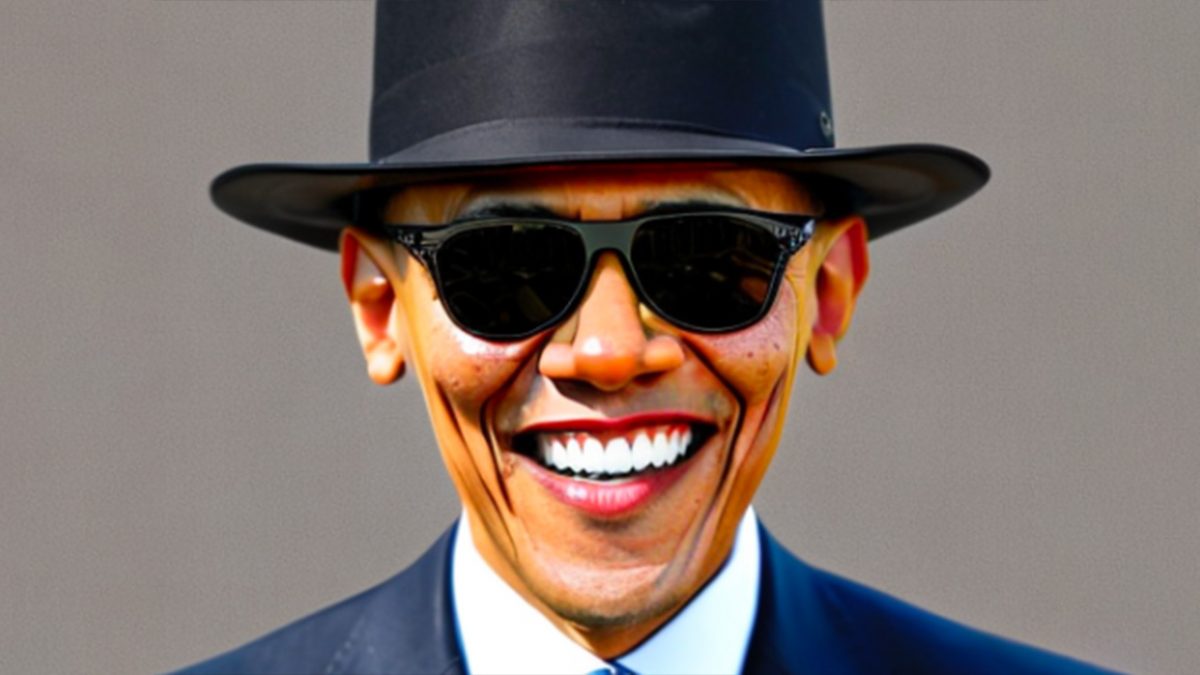The Future of Social Media: AI-Generated Images and the Demise of Instagram

Social media is constantly evolving, with new platforms and technologies emerging all the time. One of the most notable changes in recent years has been the growing use of artificial intelligence (AI) to create images for social media platforms like Instagram. In this article, we will explore the rapid progress being made in AI-generated images and examine how these technologies may impact the future of Instagram and social media as a whole.
The rise of AI-generated images
As the use of AI-generated images on social media platforms continues to increase, it is important to consider the potential consequences. On the one hand, AI-generated images can be a powerful tool for creative expression and artistic experimentation. They can also help to streamline content creation and distribution, freeing up time and resources for other important tasks.
However, there are also concerns about the impact of AI-generated images on our perception of reality. With the lines between real and fake becoming increasingly blurred, it may become more difficult to trust the images we see online. This could have far-reaching implications for everything from political discourse to personal relationships.
In addition, the widespread use of AI-generated images could also have ethical implications. For example, if AI-generated images are used in advertising or marketing, it may be difficult to obtain the necessary consent from the individuals depicted in the images.
As we move forward into a future where AI-generated images are ubiquitous on social media, it will be important to carefully consider the potential benefits and drawbacks of this development. Only by doing so can we ensure that we are able to make the most of this powerful technology while also mitigating any potential risks.
Related: The future of AI is now
Creating AI-images from scratch is easier than you think
To demonstrate the ease with which AI-generated images can be created, Twitter user Santiago, @svpino, created a simple Python code using Google Colab and an API key from Leap API to fine-tune a Stable Diffusion model. As Santiago points out, this process is entirely free, and anyone can acquire an API key by visiting https://tryleap.ai.
The experiment involved generating an unlimited number of hyper-realistic images of a specific individual, in this case, former US President Barack Obama. Within 30 minutes, Santiago created an Obama image generator using fewer than 100 lines of code. By uploading just two images for fine-tuning, a custom model was developed in under a minute, which could generate any number of Obama images as desired. The more images used for training, the better the resulting model becomes.
The implications of AI-generated images on social media
While the development of AI-generated images has the potential to revolutionize the way we use social media, it also raises concerns about the impact on user engagement and the potential for misuse. Some have argued that the widespread use of AI-generated images could actually undermine the very foundations of social media, as users may become less engaged with content that they perceive as inauthentic or fake.
Furthermore, there is a risk that AI-generated images could be used to manipulate or deceive users, whether it's by spreading false information or creating false personas. This could erode trust in social media platforms and limit how much people are willing to interact with them. Another concern is that AI-generated images could exacerbate existing inequalities and biases. For example, if certain groups are overrepresented or underrepresented in these images, it could perpetuate harmful stereotypes and contribute to social injustice.
Click here to read our take on the demise of ethics in the AI sector.
The outlook isn’t all bleak
As AI-generated images continue to advance and become more prevalent on social media, they offer several potential benefits. For instance, they could help create a more personalized experience for social media users by analyzing their data and preferences, thus making the images more relevant and engaging.
Another benefit of AI-generated images is that they could streamline the content creation process, making it easier and more efficient to produce high-quality images for social media platforms. This would especially be advantageous for small businesses and content creators who may not have the resources to create images at the same scale as larger companies.
Moreover, AI-generated images have the potential to reduce the spread of harmful or offensive content on social media platforms. By automatically flagging or removing images that violate community guidelines, AI-generated image technology could help to create a safer and more inclusive environment for all users.
Related: GPT-4 - The most advanced AI yet
The outcome depends on implementation
It is worth noting that the realization of these potential benefits will largely depend on the responsible and ethical development and deployment of AI-generated images. This will require a collaborative effort from all stakeholders, including social media companies, developers, and regulators, to ensure that AI-generated images are used in a manner that is transparent, fair, and respectful of individual rights and privacy.
The future of AI-generated images on social media will depend on how effectively we balance the potential benefits with the potential risks and drawbacks. It is crucial to approach this technology in a way that enhances social media and improves the overall user experience while safeguarding users against potential harm. By striking the right balance, it may be possible to harness the power of AI-generated images to create a more engaging and inclusive social media environment for all users.
Related: Did Microsoft compromise on ethics for AI progress?
Advertisement
for me, it’s okay. But as I worked on GIMP/photoshop many years, my hard work and creativity is something more that scratch-created Ai images.